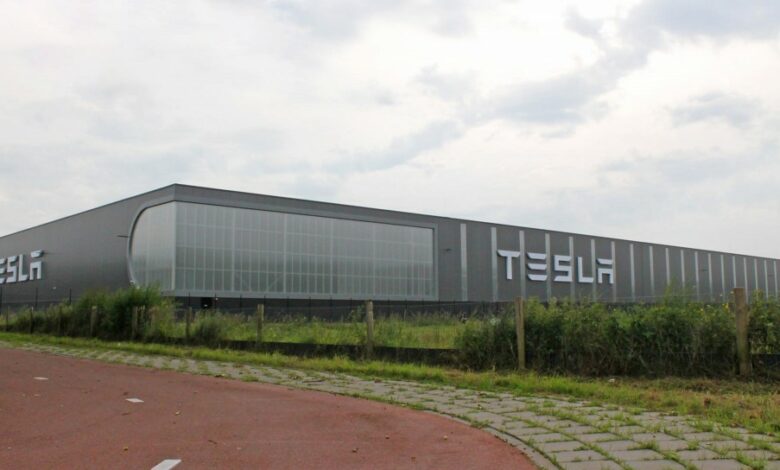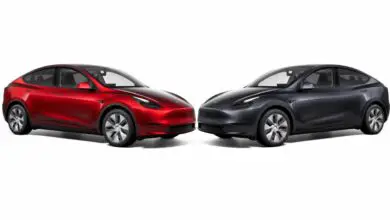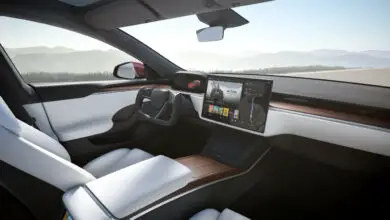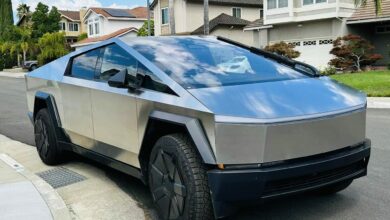Tesla Explores Battery Production Venture in India, Revolutionizing Energy Storage
As Tesla Navigates Indian Terrain, the Powerwall Offers Solutions Beyond Electric Cars

Tesla, the pioneering electric vehicle (EV) manufacturer led by CEO Elon Musk, is considering a bold move to build a battery storage production plant alongside its proposed electric vehicle production facility in India, according to a recent report.
The backdrop to this development is Tesla’s ongoing efforts to negotiate with the Indian government for the establishment of an EV production plant, a venture that has been in the works for several years. However, the intensity of these negotiations has escalated in recent months, driven by Tesla’s ambition to build a factory capable of manufacturing a $24,000 electric car.
Elon Musk himself expressed optimism earlier this year, stating that he hopes to reach an agreement with the Indian government in the near future. One major stumbling block in these negotiations has been the disagreement between the two parties regarding import duties, which are essential for Tesla to assess market demand by importing vehicles from other countries.
Import duties have the potential to significantly increase the price of electric vehicles, deterring many potential customers. Despite these challenges, there have been recent signs of progress in reaching a resolution, one that may not necessitate vehicle imports.
In a new development, Reuters has reported that Tesla is contemplating a more ambitious plan—to venture into energy storage product manufacturing in India. Tesla’s proposal includes the introduction of the Powerwall, a cutting-edge battery system designed to store surplus energy generated from solar panels.
While the impasse over import duties persists, Tesla’s move to diversify its business model in India could prove to be the breakthrough needed to secure an agreement. Sources suggest that the Indian government is interested in creating a conducive business environment for Tesla, potentially offering subsidies to incentivize the purchase of energy storage products.
It’s worth noting that this proposal is currently under review by both Tesla and the Indian government, who have expressed keen interest but have not yet finalized their decision.
One source close to the matter emphasized, “Substantial policy adjustments will be necessary to accommodate Tesla’s vision for the Powerwall business in India.”
The introduction of Powerwall in India could be a transformative solution to address peak-time shortages and surges in energy demand. India heavily relies on coal-based power generation, with non-renewable sources accounting for nearly 58 percent of its energy needs. Solar energy, a renewable source, is the largest contributor, according to the country’s Ministry of Power.
Powerwall has the potential to shield residents from power outages, a critical concern in India, where Prime Minister Narendra Modi expressed significant interest in the technology during a meeting with Tesla executives in 2015.
Modi remarked, “I enjoyed the discussion on how battery technology can assist farmers.” Musk also highlighted his productive dialogue with Modi, particularly focusing on solar energy and how battery and storage systems could empower rural communities.
Vikas Swarup, the Spokesman of the Ministry of External Affairs, elaborated in 2015, stating that “The Prime Minister was very keen to see how we could utilize the battery power ball concept to leapfrog development in India.”
Tesla recently unveiled an updated version of the Powerwall, boasting enhanced specifications designed to provide longer-lasting power and minimize the impact of outages.



